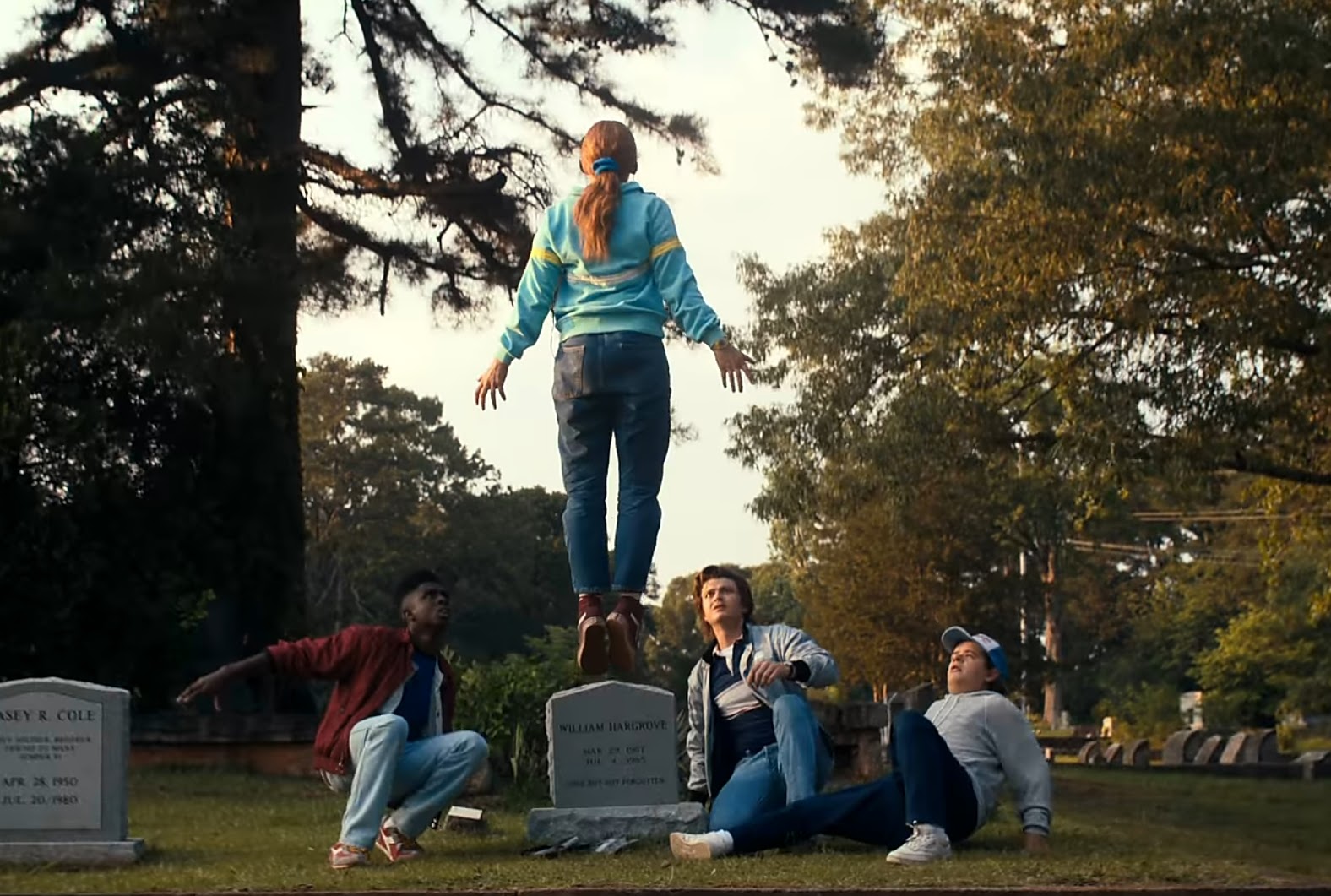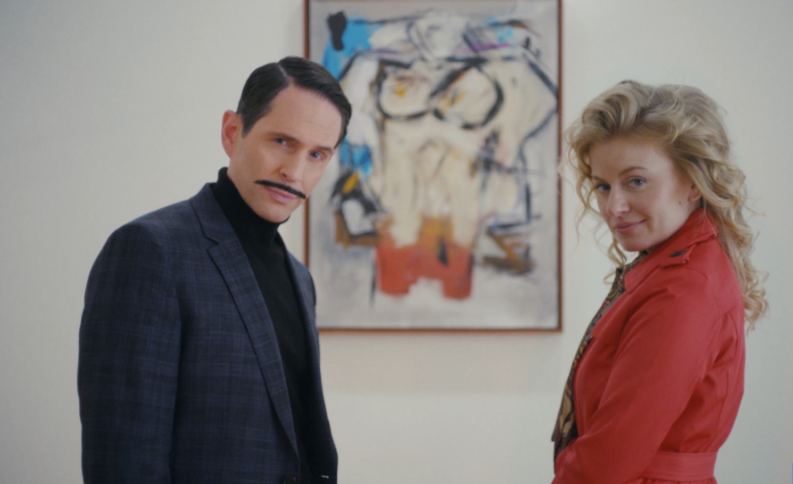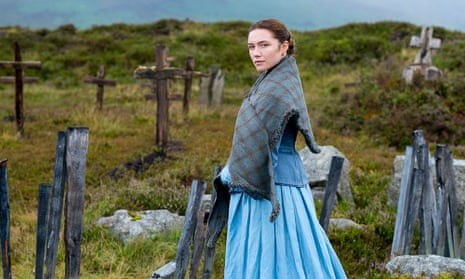 A World War Two film where not a single bullet is fired; not a single trip to the front is made; not a bombed out London terrace in sight. Rather, the looming spectre of war casts a shadow across Europe in 1938. There are rumours and headlines; broadcasts and bar-side whispers. But nothing is certain – not least because the German Chancellor oscillates between charming and agreeable and frenzied and furious.
A World War Two film where not a single bullet is fired; not a single trip to the front is made; not a bombed out London terrace in sight. Rather, the looming spectre of war casts a shadow across Europe in 1938. There are rumours and headlines; broadcasts and bar-side whispers. But nothing is certain – not least because the German Chancellor oscillates between charming and agreeable and frenzied and furious.
This deep uncertainty adds an immediate layer of tension to Munich: The Edge of War. Based on the Robert Harris novel, the film delves into the many negotiations, meetings and secret liaisons in the months before the outbreak of war. It is, on the surface, a film about powerful men talking (and not so powerful men plotting). But it’s an extremely well-executed addition to the plethora of British war movies already in existence.
The film centres around Hugh Legat (George Mackay), who works as a private secretary to the Prime Minister, Neville Chamberlain (Jeremy Irons). Rumours of war and instability swirl, causing anxiety and fear. Chamberlain must travel to Munich to negotiate peace with other European leaders. Legat accompanies him, desperate to find his old Oxford classmate, Paul von Hartman (Jannis Niewohner), who draws him into a dangerous world of subterfuge.
The general sense of chaos that pervades the film – lots of hurried footsteps up and down corridors and clandestine meetings in the moonlight – is tempered by the unbearable waiting that also plays a big part in proceedings. Waiting for telegrams; outcomes of meetings; radio broadcasts. It really amps up the tension and keeps the pacing of the film very tight. It draws you in – even though, as a viewer, you are already familiar with the outcome.
What makes for really pleasing viewing is the fact that German roles are played by German actors, not hyper-blonde stereotypes with heavy “Cherman” accents. August Diehl plays Franz Sauer with bombast, his squeaking laugh and menacingly quiet voice a rather unsettling experience. For fans of German cinema, there’s a little treat in that Ulrich Matthes, famed for playing Goebbels in Der Untergang, plays Hitler, here. Again, there are no maniacal speeches, just a worrying gleam in his eye.
Jeremy Irons offers up an interesting portrayal of Chamberlain. He is not the ineffectual “paper waver” that history so often portrays him as. Instead, he is a man haunted by World War One (in which he was too old to serve) and the rivers of graves that it imprinted across Europe. He is a man hellbent on peace and talking; juxtaposed nicely by the German and Italian desire for action and war.
 George Mackay, who was so excellent in 1917, continues to give his characters that gentle sense of humility, underlined by an enormous amount of courage. Hugh Legat is a man who is swept up in events far beyond his comprehension. He is not a spy, nor a soldier. He is a reader; a scholar; a man with a huge sense of duty. His chemistry with Paul von Hartman – who begins the film brimming with national pride, only to end up loathing the Fuhrer – is very engaging. The two actors play off each other very well. Von Hartman is more obviously brave and vociferous in his views, whilst Legat is the understated “hero” of the piece.
George Mackay, who was so excellent in 1917, continues to give his characters that gentle sense of humility, underlined by an enormous amount of courage. Hugh Legat is a man who is swept up in events far beyond his comprehension. He is not a spy, nor a soldier. He is a reader; a scholar; a man with a huge sense of duty. His chemistry with Paul von Hartman – who begins the film brimming with national pride, only to end up loathing the Fuhrer – is very engaging. The two actors play off each other very well. Von Hartman is more obviously brave and vociferous in his views, whilst Legat is the understated “hero” of the piece.
The set design and costume are excellent throughout. Liz Ainley and Julia Roeske do a fantastic job of capturing the weighty mahogany of Prime Ministerial London contrasted with the vibrancy of flag-flying Munich. There’s a really lovely moment when Legat walks along a corridor, only to have several swastika flags flutter across his face, one by one. It’s a strong visual metaphor that is brought to life so perfectly.
Frauke Firl’s costume work looks incredibly authentic. They have neatly captured the generational gap between Chamberlain and Legat’s dress as well as using fabrics and colour to represent personality. Isobel Waller-Bridge’s score builds and builds upon the underlying tension without ever imposing itself on the dialogue.
Although Munich: The Edge of War perhaps isn’t offering anything new to say when it comes to World War Two film – it is, as noted, a film about men talking – but it is still a thoroughly entertaining watch. It is very well paced throughout, with enough near misses to keep you gripped.
Munich: The Edge of War is now streaming on Netflix.
- Glasgow Film Festival 2025 Announces Country Focus, Special Events and UK Wide Screenings - December 11, 2024
- Armand – Review - November 4, 2024
- Eephus – Review - November 3, 2024




